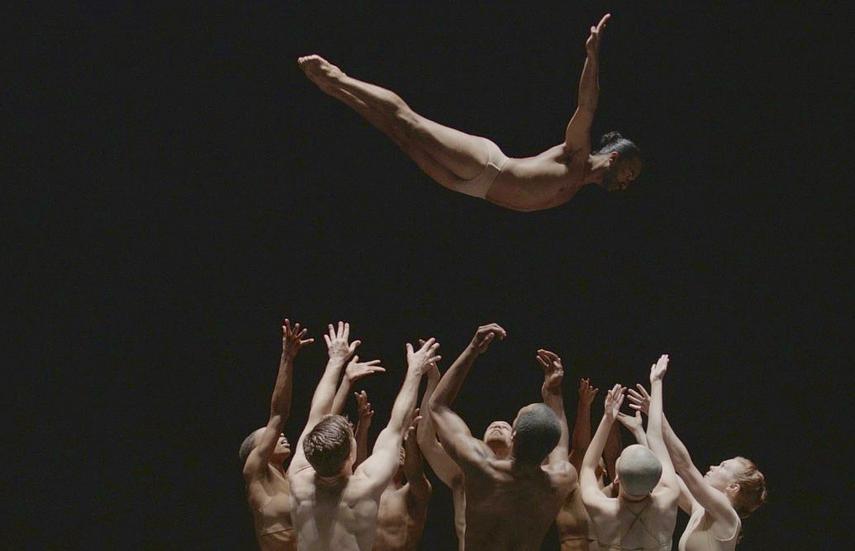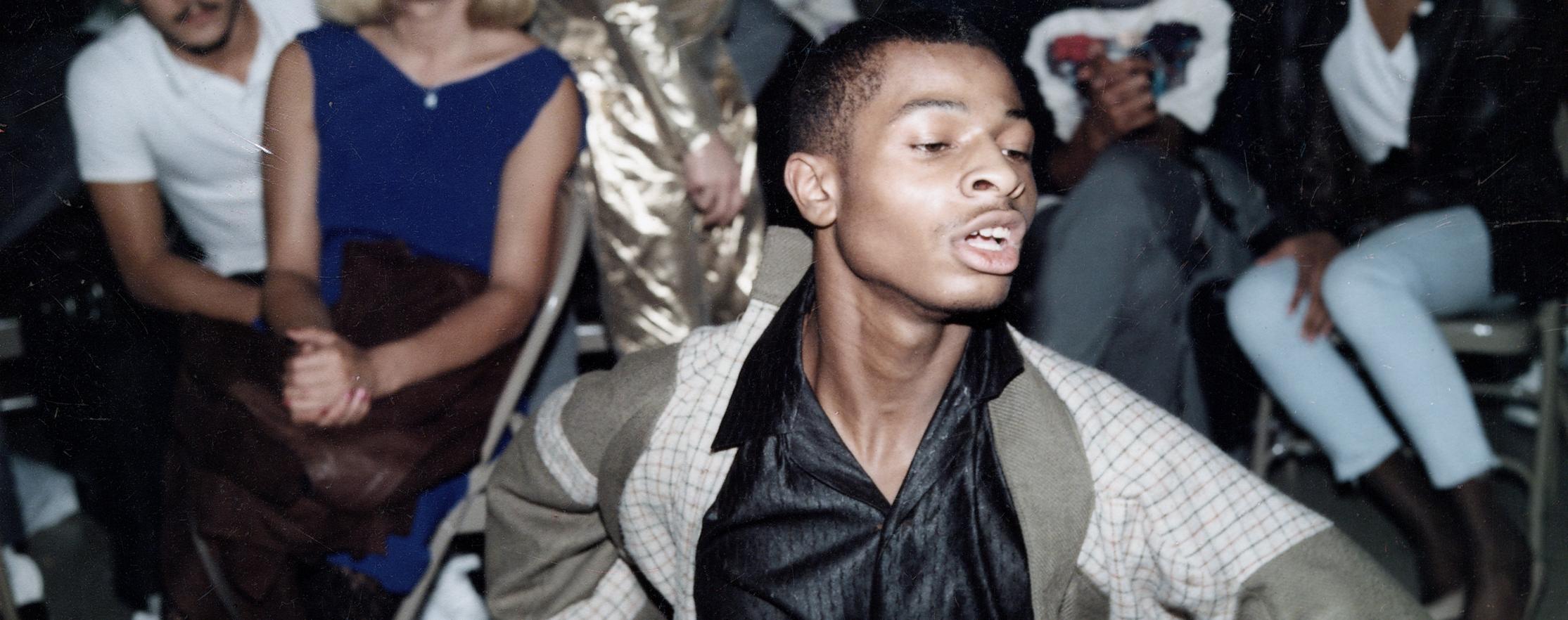Between a documentary, a piece of agit-prop and a love letter to house music, this film by British filmmaker Phil Collins borrows its title from the song by Robert Owens released in 1986. A classic that speaks of sex and dance, its social and political significance has not escaped the director, who parallels the injustices of the living conditions of prisoners in the USA ("the greatest violation of human rights on this planet") with the power of house music as a catalyst for human connection. Between the socially engaged folk music of the 1960s and the disco wave of the 1990s, house music turned clubs into spaces for the liberation of bodies... the exact opposite of prisons. Speeches, presentations, statements from activists and former prisoners and scenes filmed in prisons and clubs form an inseparable whole that makes Bring Down the Walls an "unidentified filmic object" about a long-despised hedonistic movement led by black, Latino, and queer communities in New York, Chicago and Detroit. Phil Collins has succeeded in his endeavour: deconstructing and denouncing the American prison system through the prism of house music and nightclubbing, brilliantly combining a historical and political perspective with celebratory activism.
The cinema program for the 2024 edition :
If, as the dancer Cal Hunt states, “dance is the most beautiful and silent of all revolts,” in other words a space of struggle for the emancipation of body and mind, it is also a tool for restoring joy and energy to activist endeavours. Interactions between art, political engagement and emancipation are at the heart of our film programme. The Festival offers a range of fiction films and documentaries anchored in reality and in art, exploring the boundary between dancing to fight and fighting through dance.






